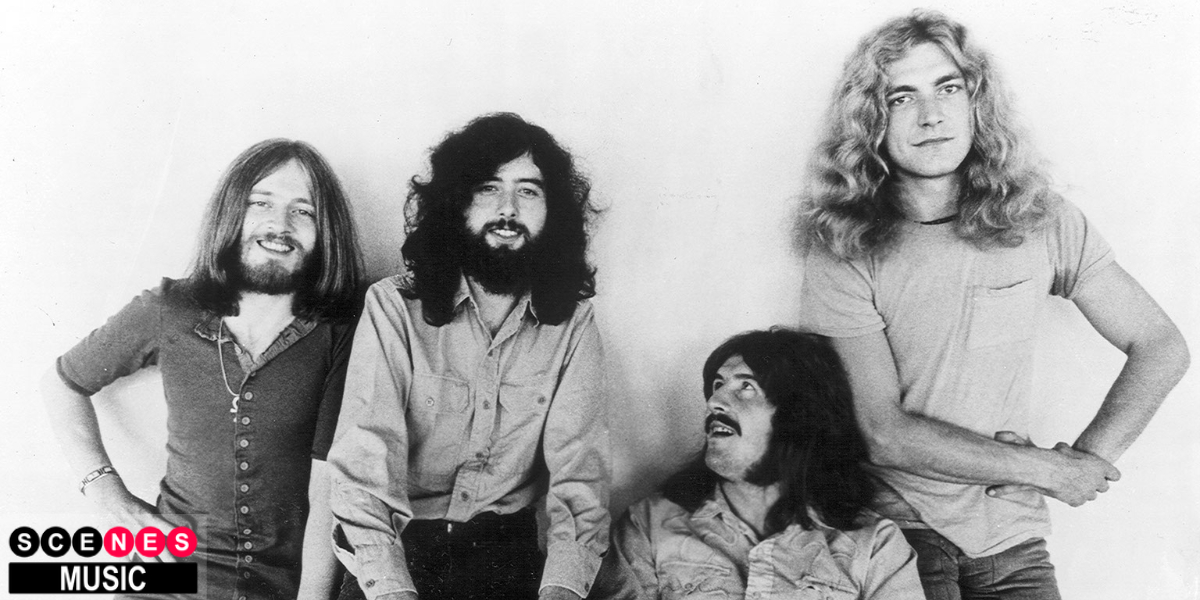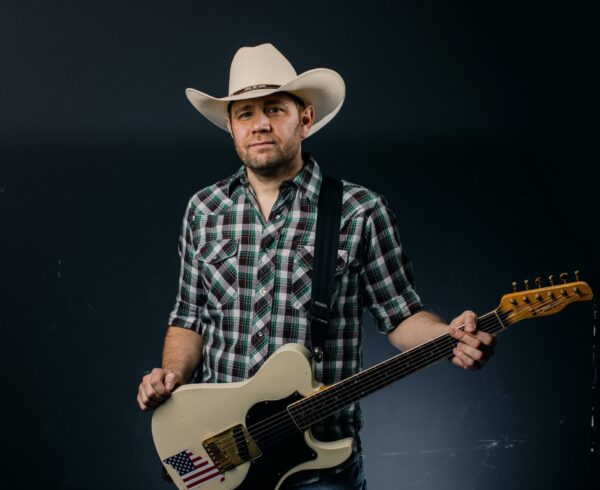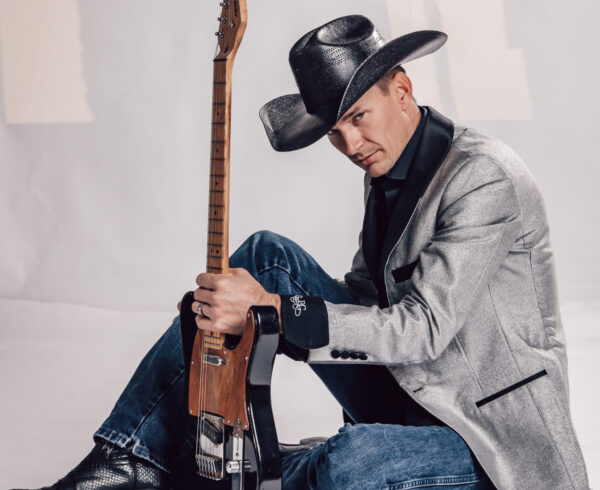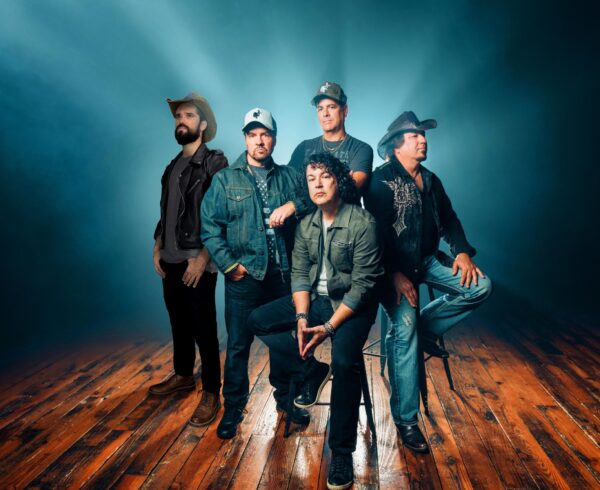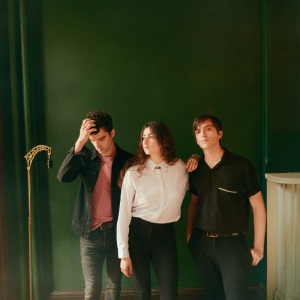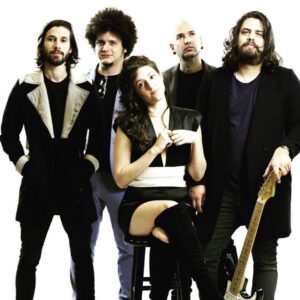After six years of legal proceedings, Jimmy Page and Robert Plant have been officially exonerated in the copyright dispute over “Stairway to Heaven.” This week, the Supreme Court refused to hear the appeal brought by the estate of Randy Wolfe, guitarist for the band Spirit, thus upholding the March ruling by the Ninth Circuit Court of Appeals in Los Angeles, which found that Led Zeppelin’s magnum opus did not infringe upon the song “Taurus,” released in 1968—three years prior to Stairway.
For those unacquainted with the situation, the grounds of the suit were found on an admittedly striking similarity between the acoustic guitar intros of the two songs. Further, Led Zeppelin toured with Spirit in the 1960s, which, in the view of the plaintiffs, fulfilled the requisite of access as it applies to the inverse ratio rule in copyright litigation. To put it in layman’s terms, the inverse ratio rule dictates that, whereas generally a plaintiff would need to prove actual similarities between the two pieces—usually through comparing recordings or sheet music—if they can definitively prove that the defendant had been exposed, or had access, to the music, the burden of proving similarities is inversely reduced.
What made this case especially interesting was the fact that, up until 1976, the US Copyright Act did not include sound recordings—only sheet music. Unfortunately for Spirit, because both of these songs were released prior to 1976, their copyright didn’t technically include modern protections. Therefore, the court would not allow the actual recordings to be used as evidence.
The reason this case is a big deal—aside from the obvious victory for Plant and Page—is that it represents the court rescinding the inverse ratio rule, which could effectively change the way copyright disputes are decided from here on out, especially with the advent of the internet and widespread access to creative works by the masses. Here, the court has once again established that the proof of similarity must be presented as the primary foundation upon which any argument of infringement is brought—regardless of exposure. To some, this decision protects the freedom of creators, for as copyright attorney Rachel Fertig told Bloomberg (link) in March, “We need to be able to let creators take inspiration of all the creativity that has gone before them, and not take this case and say the fundamental elements are subject to copyright protection.”All of this to say, with the Supreme Court’s decision to respect the March verdict, Robert Plant and Jimmy Page officially have their “Stairway to Heaven” all to themselves, even though it’s been a bit of a climb the last few years, and now, the forests can forevermore echo with laughter—sorry, I had to do it.

